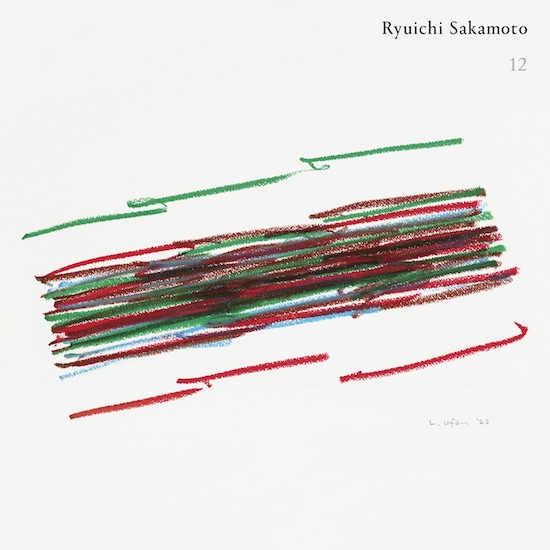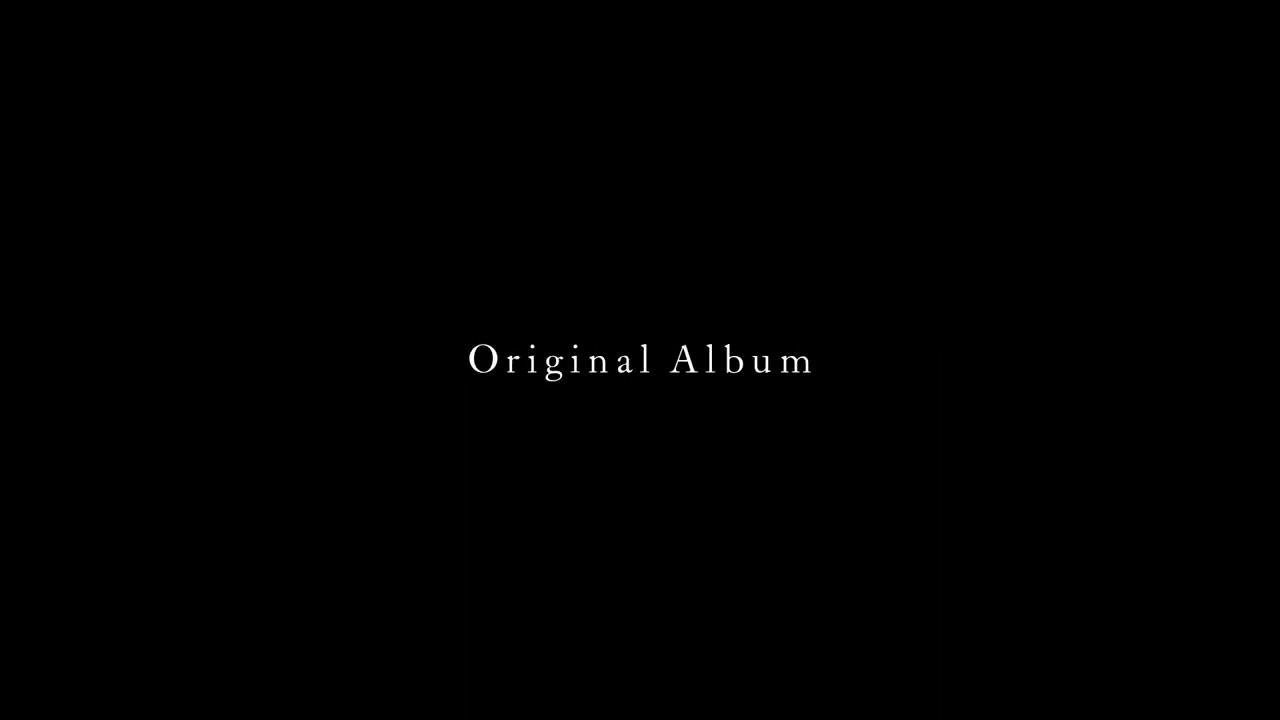On 21 January 2021, Japanese composer Ryuichi Sakamoto announced that he was ill again. “From now on, I will be living alongside cancer,” he wrote in a note posted on his website. “But, I am hoping to make music for a little while longer.” True to his word, his fifteenth solo studio album 12 collects together twelve pieces of music of varying development, each recorded on the day of its corresponding title from March 2021 to March 2022, mostly on piano and synthesiser. Arranged chronologically, it acts as a sort of instrumental diary.
You never can tell what somebody’s going through, though 12 does perhaps allow us the tiniest of glimpses. Opener ‘20210310’, recorded 10 March 2021, is full of elongated, mournful synths; its ambulatory, ambient music is cut through with a hint of curiosity, as if reaching out to explore following a lengthy layoff. Then there’s another gap of eight months before we hear from Sakamoto again on ‘20211130’, and this time he’s tootling at the piano, creating sounds that appear formless and abstract but no less atmospheric, perhaps again trying to find his way back. ‘20211201’, recorded the following day, is more brisk and determined, and we can hear incidental background noise and the click of the footswitch on the piano’s sustain pedal. ‘20220123’, recorded a year and two days after that aforementioned announcement, features a brief flourish towards the denouement that might signify hope.
One can read too much into an album like this, of course. For starters, the creative muse and the mood of the anamnesis may not strictly align – the presumption that composition is hardwired to one’s emotional state at the time of writing is largely a fallacy. If 12 gives the impression of someone coming back into the creative light again, then Sakamoto has continued to make music as one of planet Earth’s most sought after soundtrack composers on the side, with recent credits including Netflix’s anime series Exception and the films Proxima and Minamata, to name but three. And yet, these titles required soundtracks that would be made to measure, whereas with 12, we get a sense of someone in search of something. The composer’s thoughts will always be inscrutable, though what we can be sure of is that these compositions are of a personal nature.
We’re greeted with more fleshed out compositions as the record opens up like a lotus to sunlight. ‘20220302 – sarabande’ even has its own affix to denote the style of play, and its the prettiest and the most profound of the songs here. It’s followed by the cascading ‘20220302’, the stately ‘20220307’, and then ‘20220404’, which is reminiscent of Michel Legrand’s jazz noir as compositeur-du-jour of the French New Wave. The methodical way in which the album has been put together is surprisingly artful and induces touching moments of real beauty. Sakamoto says there may be more to follow and one certainly hopes that’s the case.



